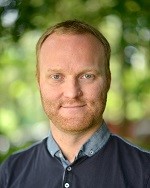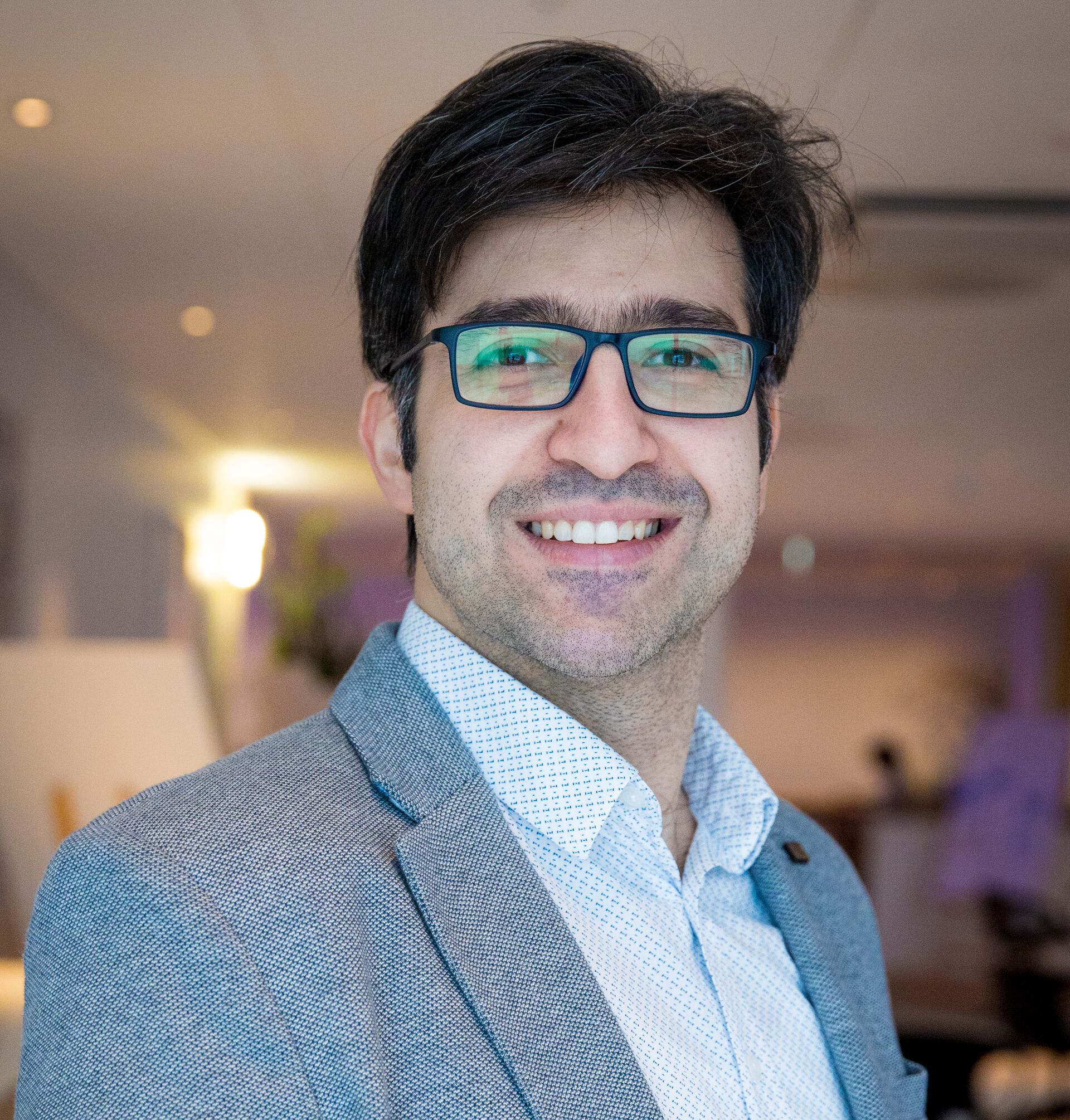With the transition to the knowledge economy, regions are increasingly looking to universities as sources of knowledge for innovation and growth. Meanwhile, universities have increasing ambitions to contribute to development, as reflected in the increased attention to the third mission and the impact of research. However, the role of universities in regional innovation and development processes is multi-faceted and play out across all of the universities’ missions and in interaction with industry, government and broader societal stakeholders across various scales.
The Role of Universities in Innovation and Regional Development (RUNIN) was the topic of a Marie Skłodowska-Curie Actions Innovative Training Network of 14 Early-Career Researchers across seven universities and nine regional development agencies in Europe from 2016 to 2021. The 14 PhD projects include both the perspective of universities as well as from that of the regions, creating a broad body of new knowledge on the relationship between them.
At the seminar, we will present two of these projects, focusing on how firms collaborate with universities and on how academics engage with society, respectively.
Academics have different motivations for external engagement, including acquiring external resources for research, contributing to society, or acquiring monetary benefits. Universities also have varying policies for rewarding external engagement.
What is the level of external engagement? What motivates academics who engage more broadly? What is the relationship between academics’ motivations for engaging? What are their perceptions of the fairness of their universities’ policies?
Presentations from the event:
- Kwadwo Atta-Owusu: The influence of individuals and contextual factorson academics engagement
- Utku Ali Riza Alpaydin: University-Industry Collaborations (UICs): A Matter of Proximity Dimensions?
 Rune Fitjar is Pro-rector for Innovation and Society at the University of Stavanger since 2019 and Professor of Innovation Studies at the University of Stavanger Business School since 2013. He completed his PhD in Government at the London School of Economics and Political Science in 2007. He was the project leader for the RUNIN project. He was awarded the Lyse Research Prize for excellence in research in 2014 and the Stavanger Forum Prize for Communication of Research in 2012.
Rune Fitjar is Pro-rector for Innovation and Society at the University of Stavanger since 2019 and Professor of Innovation Studies at the University of Stavanger Business School since 2013. He completed his PhD in Government at the London School of Economics and Political Science in 2007. He was the project leader for the RUNIN project. He was awarded the Lyse Research Prize for excellence in research in 2014 and the Stavanger Forum Prize for Communication of Research in 2012.

Kwadwo Atta-Owusu was a RUNIN research fellow at the University of Stavanger. He is presently a postdoctoral research fellow at the Centre for Innovation Research (CIR) at the University of Stavanger Business School. In May 2021, he completed his PhD on how individual and contextual factors influence academic engagement in regions. In this thesis, he investigates academics’ external engagement. He finds that, although universities, as institutions, are expected to lead regional engagement, academics as individuals remain the agents that engage with external actors in practice. Thus, there is a need to understand whether and how academics engage with regional actors and the factors that influence such engagement. Prior to joining the RUNIN Project, he has worked as a research assistant for the HURMOS Project at the University of Oulu. He holds an MSc in International Business Management from the University of Oulu.
 Utku Ali Riza Alpaydin was a RUNIN research fellow at the University of Stavanger. He currently works at the University of Stavanger as an External Funding and Innovation Adviser. In March 2021, he completed his PhD on ‘University-industry collaborations (UICs): A matter of proximity dimensions?’. In this thesis, he investigates how proximity, being a multidimensional concept – including geographical and a variety of non-geographical dimensions such as cognitive, organizational, institutional and social – plays a bridging role between the two worlds of academia and industry and facilitates the formation of university-industry linkages. His results illustrate that UICs motivated by the need for capacity development and relying on cognitive proximity are less sensitive to distance, while geographical proximity matter more for firms intending to create societal impact and building their collaboration on institutional and social proximity. Prior to his PhD, Utku worked as a senior expert on regional development and planning, project management, grant administration and international cooperation at Silkroad Development Agency in Turkey. He is interested in multi-stakeholder collaborative projects and regional innovation and entrepreneurial ecosystems.
Utku Ali Riza Alpaydin was a RUNIN research fellow at the University of Stavanger. He currently works at the University of Stavanger as an External Funding and Innovation Adviser. In March 2021, he completed his PhD on ‘University-industry collaborations (UICs): A matter of proximity dimensions?’. In this thesis, he investigates how proximity, being a multidimensional concept – including geographical and a variety of non-geographical dimensions such as cognitive, organizational, institutional and social – plays a bridging role between the two worlds of academia and industry and facilitates the formation of university-industry linkages. His results illustrate that UICs motivated by the need for capacity development and relying on cognitive proximity are less sensitive to distance, while geographical proximity matter more for firms intending to create societal impact and building their collaboration on institutional and social proximity. Prior to his PhD, Utku worked as a senior expert on regional development and planning, project management, grant administration and international cooperation at Silkroad Development Agency in Turkey. He is interested in multi-stakeholder collaborative projects and regional innovation and entrepreneurial ecosystems.
